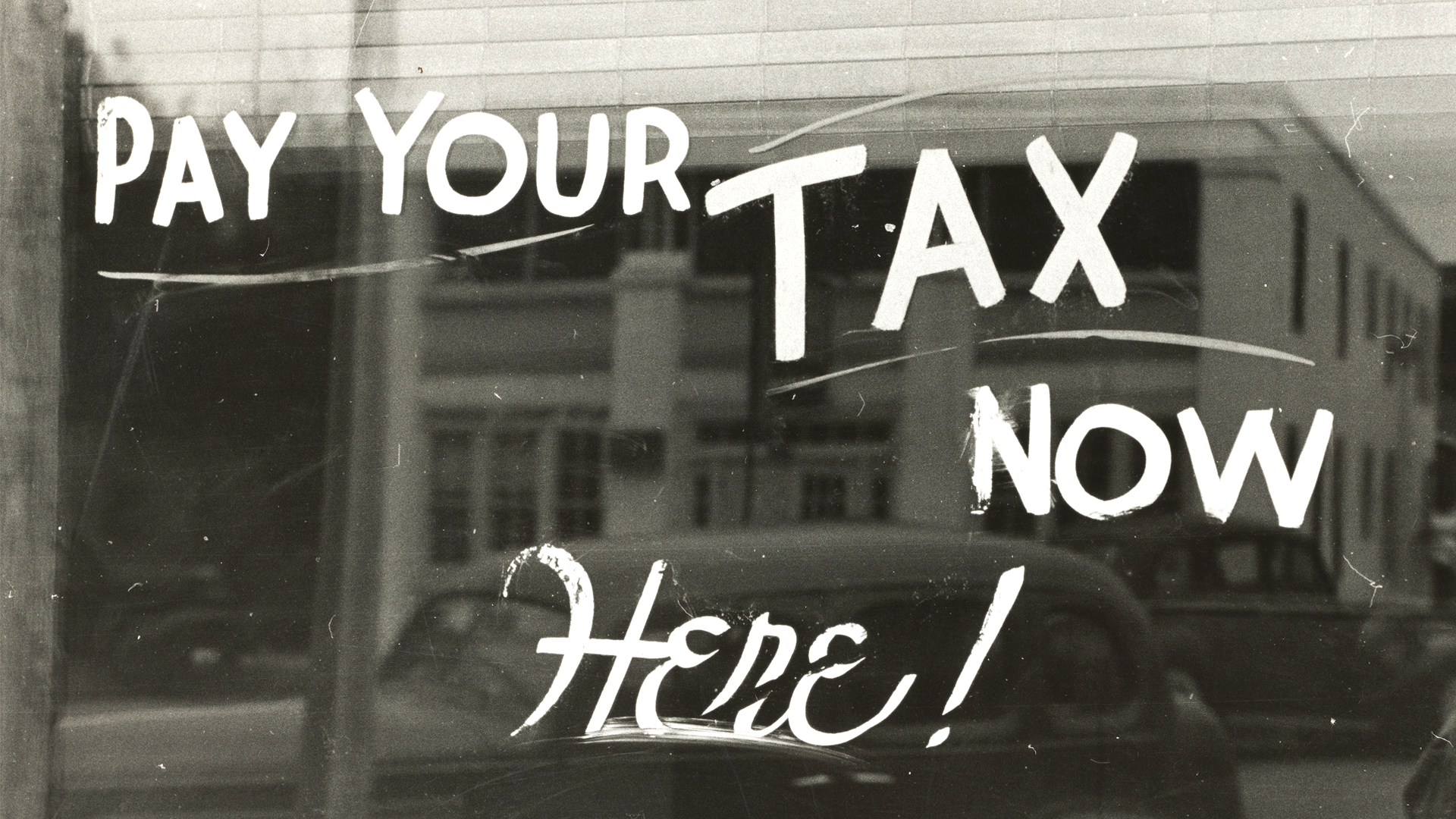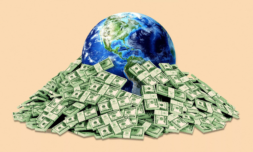Globally, there are 3.6 million people that have accumulated more than $5m in wealth – more than 2,600 of them being billionaires. If there were an annual tax on these individuals, here’s what it could pay for. How’s vaccinating the entire planet, for starters?
Global wealth distribution is up there as one of the very tetchy-est subjects, so prepare to be triggered.
Around the world, there are 3.6 million people today who have accumulated more than $5m in wealth. Of this percentage, 2,600 are billionaires with a combined worth of $13.76 trillion. The current omega of Sillicon Valley, Elon Musk, reportedly has a net worth of $242bn.
When talking numbers like this, money starts to seem like an abstract concept to the average person – like trying to comprehend the size of the sun. In reality, of course, we’re all aware that these crazy figures would have a transformative effect on some of the world’s biggest issues.
As we navigate the midst of a pandemic, and scramble to prevent our climate from warming to dangerous levels, senators, public figures, and the likes of you and I – assuming you’re not Jeffrey Bezos – continue to call for more progressive wealth tax systems befitting our current situation.
With such changes, data from a consortium of companies including, Forbes, Fight Inequality Alliance, Institute for Policy Studies, and Oxfam has outlined the extent of what could be achieved. Spoiler: it’s a damn lot.
The report claims that with a 2% tax on wealth starting at $5m, a 3% tax above $50m, and a 5% on over $1bn, we would raise approximately $3.6 trillion a year.
Though these estimations aren’t completely infallible, anywhere in the ballpark of this sum would comfortably cover the cost of vaccinating the entire world from Covid-19 (appx $27.8bn), and providing universal healthcare to developing countries (appx $440.8bn). Surely, this is what taxes were actually created for, no?



















